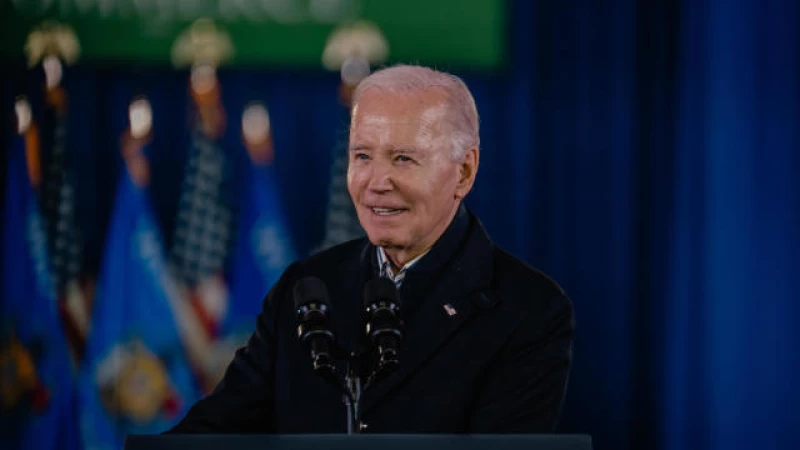Biden Pardons Thousands and Grants Clemency to Non-Violent Drug Offenders
President Biden is pardoning thousands who were convicted of use and simple possession of marijuana in Washington, D.C. and on federal lands and in the District of Columbia, in executive clemencies that are intended to rectify racial disparities in the justice system.
The president is also granting clemency to 11 people "who are serving disproportionately long sentences for non-violent drug offenses," he said in a statement Friday. He added that all of these individuals, had they been charged today with the same offenses, "would have been eligible to receive significantly lower sentences."
The White House said that the 11 individuals had been sentenced to decades in prison, some for life sentences.
It also said that those with crack cocaine convictions "would not be serving the same sentences if they were convicted of a comparable powder cocaine offense," and now the disparity in sentencing between crack and powder cocaine "is not supported by science, does not advance public safety, and disproportionately impacts Black communities."
Mr. Biden said his actions would help make the "promise of equal justice a reality."
President Biden has taken a significant step towards righting the wrongs caused by the criminalization of marijuana. In a recent statement, Biden acknowledged that criminal records for marijuana use and possession have created unnecessary barriers to employment, housing, and education. He emphasized that too many lives have been negatively impacted by the failed approach to marijuana and stated that it is time to correct these injustices.
In line with this commitment, the president issued a categorical pardon on Friday, expanding on a previous pardon issued just before the 2022 midterm elections. The earlier pardon made thousands of individuals convicted of simple possession on federal lands eligible for pardons. The White House has announced that thousands more will be eligible for pardons under the recent action.
Biden also called upon governors and local leaders to take similar steps in erasing marijuana convictions. He emphasized that just as no one should be in federal prison solely due to marijuana use or possession, no one should be in a local jail or state prison for the same reasons.







